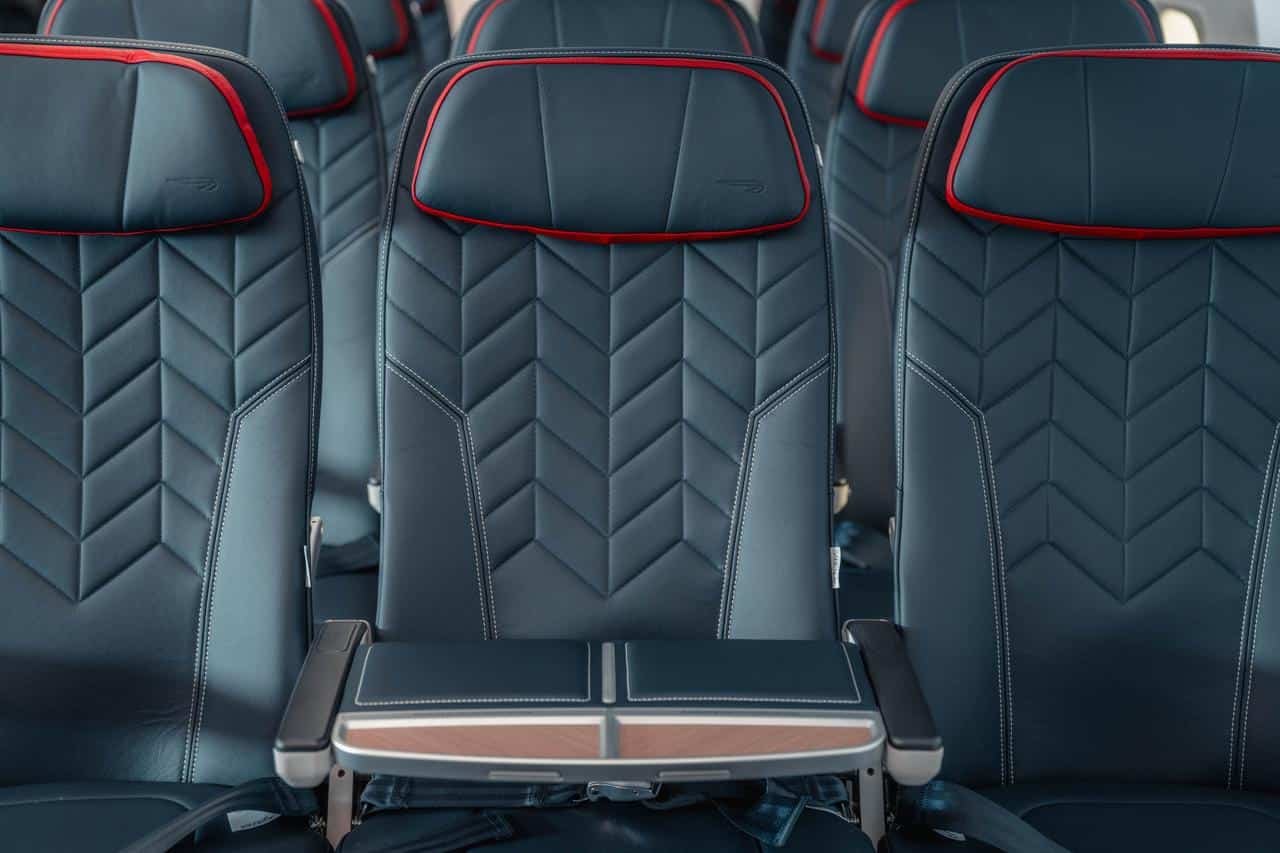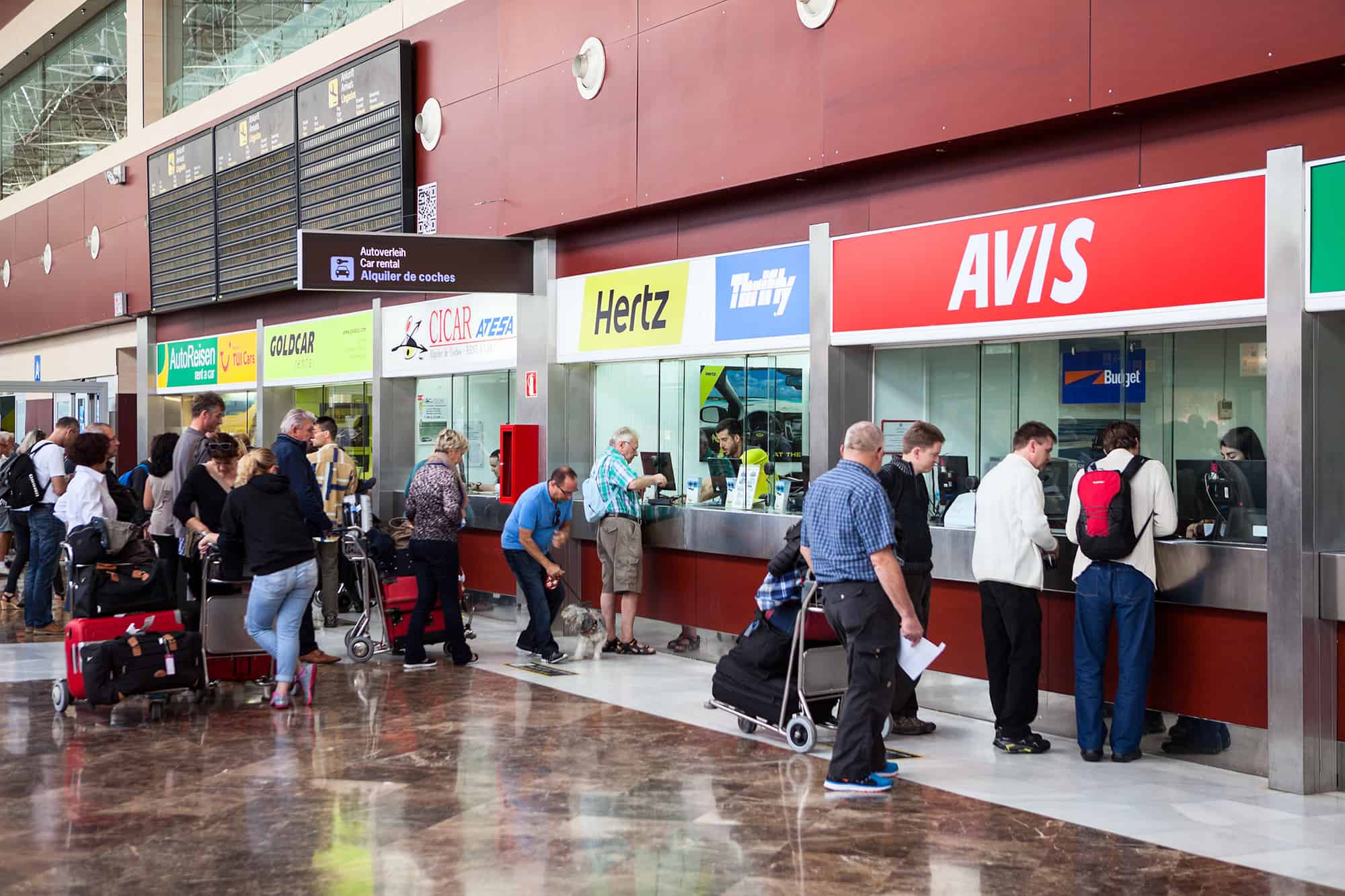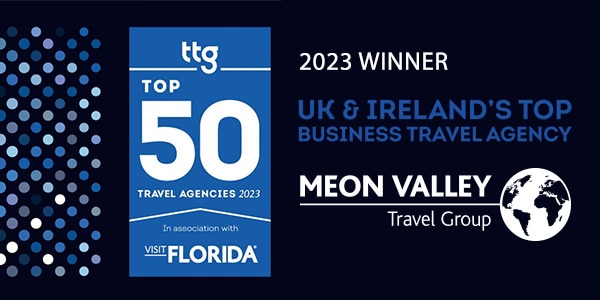Data has always been there – we’ve just renamed it. In the age of connected technology, a new generation has ‘discovered’ something and called it data. We used to call it knowledge. But that doesn’t mean we should scoff at it, if fact, we neglect it at our peril.
Data of customers past behaviour used to be used by businesses to justify their offering and their behaviour. Now it’s used to innovate. Data, and therefore knowledge, now relates to the motivation that drives customers behaviour, as much as it does to results. This shift has moved businesses from using historic knowledge to fit their business to customers behaviour, towards analysing cause and effect in an attempt to predict future behaviour.
In short, knowledge of this kind is most definitely power and is an incredibly valuable commodity to mine.
The travel industry is fast moving, and this makes the value of dynamic, accurate data even more critical. If you don’t predict correctly, when a new disruptor, influencer or supplier appears out of nowhere, your business will go somewhere else. The route to market is so consolidated now that new players can hit the ground running and grow rapidly if they are good, cheap or cool.
It’s always been said that if business sneezes, the travel industry catches a cold and if economic change is coming, the travel industry will be the first indicator. But it’s also, therefore, one of the fastest indicators of recovery.
So if data is so critical, when you’re looking at analysis, who’s looking? Is it people who are influencers in your business who have the ear of the right people or are you the dog watching the TV – you see the pictures and it’s entertaining, but you haven’t got a clue what’s going on?
60% of people who receive our online data, which is only 12 hours old compared to 6 weeks from the multinationals, don’t even open the application until their boss asks for a report. Either the availability of dynamic information is not being used or the frequency of its use needs to be considered as to whether data is helping your business or excusing it.
There’s a direct correlation between the growth of small businesses and the effective analysis of data. When you get fed data like we give our customers, your analysists aren’t actually mining any more they are sifting for gold.
Does that mean all data analysis is complex numbers and statistical models? Absolutely not. Who’s talking to your customers? Finding out how they feel? People behave based on how they feel, and you need to marry the statistics with what customers are telling you. A great example of this? Airlines know that customers can feel like a number when travelling and that the arrivals process waiting for your luggage etc is the generally the lowest point in the journey for customer satisfaction. When travelling with KLM a while ago they knew I was travelling on my birthday from the data I give them when I book a flight. So when I arrived at the luggage carousel at my destination, there was a big bow on it. So simple but incredibly effective at making me feel recognised and not just a number. And how much positive feedback did that generate? Not only did everyone around me at the carousel think it was brilliant, I told so many of my friends and family (and now you!). They tapped into how their customers feel and used it to broadcast a positive feeling quickly at a time which is normally a pain point.
And what about within your organisation? Using data to drive positive behaviour which ultimately feeds great customer service? We’ve all worked for large organisations where you feel like a number. How amazing to work for a company who uses data and experience to make you feel valued?
How does it feel when you speak to someone about booking your holiday? You are typically asked things like, what kind of holiday you’re looking for, where do you want to go, what kind of accommodation you want to be in, whether you prefer to travel daytime or overnight, which airport do you want to travel from? They ask the questions to give you the best option.
When you speak to your business travel manager, do they ask enough questions so they can give you the best options? Do they know what you’re travelling for? Do you need to be switched on, travel the night before and be fresh for the morning? Is it critical you are there and back in a day? Do you need certain facilities in the lounge/on the flight (power, flatbed, order your meal beforehand etc)?
You need to be speaking to a travel company that knows that airlines know exactly how to work the delay stats. That the departure time is actually the time the aircraft pushes back off the stand, not the time it takes off. And some airlines take full advantage of that and you’ll find yourself stranded in the middle of an airfield for half an hour while other airlines take off. Which are those airlines? Which airlines have everything you need in the lounge and onboard? Which are renowned for losing luggage at one specific European airport so it might be better to fly into a different airport if you’re taking luggage? You need a company who can take that into account. That’s experience, not data.
Our customers have access to live dynamic data where they can drill down into individual booking level. We have dashboards for multiple travellers to ensure you know where your team are and when. We have financial information for your FD or sales manager who needs to prove every penny he’s wisely spent. And we have experience so we can help you travel in a way that makes your team feel valued whilst also giving you value for money.
Therefore, if you were looking to mine data and dig for oil, why would you use a blunt instrument?






